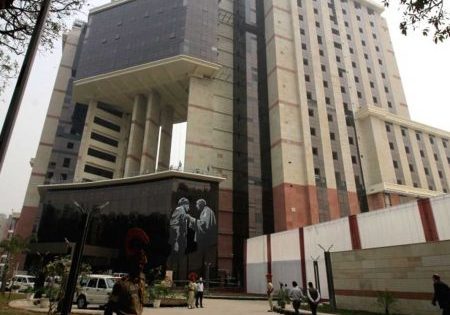Real estate stakeholders explain the correlation between the Union Budget and the future scope for real estate.
Each year, the Union Budget is one of the most eagerly awaited and anticipated developments by the real estate fraternity. While wish lists are extensive and can be quite lengthy at times, what they often fail to convey is the desired end result. With 2023 having just begun and the General Elections just about a year away, the time seems right to explore this aspect with views from key real estate stakeholders.
Status Quo
Amit Jain, chairman and managing director, Arkade Group, opined that with General Elections coming up in the next 16-18 months, it is clear the upcoming budget will not aim to make big tickets or any radical changes and reforms. Instead, the government will continue its focus on capital expenditure to grow the economy and not rattle voters in a pre-election year. However, the real estate sector, which accounts for a major share in the creation of jobs, has been looking at the government for concessions in the upcoming Union Budget.
Concrete Expectations

Jain said:
“For developers focused on redevelopment projects, the double GST [goods and services tax] payment has been a major deterrent as it has led to a cost escalation at a time when margins are already under pressure. This holds true in Mumbai and the Mumbai Metropolitan Region (MMR) where several local and reputed developers are engaged in the redevelopment of old and dilapidated buildings. The developer pays the GST firstly on cost of construction without input tax credit, and secondly, when the area is delivered to existing residents at market price. Both GST payments are absorbed by a developer, which often become a huge cost for them. The real estate industry has seen disruption during the COVID-19 pandemic in the last two years with increasing costs, falling revenues and other problems such as labor shortage. Hence, the Finance Minister should reverse the decision on GST payment of 5% in order to give a fillip to redevelopment projects.
“Besides, enhanced tax concessions on income from renting of housing properties and removal of taxation on notional rental income can further boost demand for new properties. To improve access to housing in the low-to-mid-income segments, the Finance Minister should continue its focus on the budgetary and extra-budgetary allotment to PMAY [Pradhan Mantri Awas Yojana] schemes. The government needs to ramp up budgetary allocation in the forthcoming budget to meet the target of 50 million dwelling units under PMAY. Several small-to-medium-sized players are facing challenges in terms of reduced cash flows and credit availability. Any decision to further augment the budgetary allocation for the SWAMIH Fund will support completion of the large stalled real estate projects in the country. The Finance Minister should consider taking steps towards streamlining the insolvency process to achieve faster adoption and resolution plans, which will be beneficial to both lenders and homebuyers in stuck projects.”
Supportive Steps

Reforms during the past few years, particularly the implementation of the GST and the Real Estate Regulatory Authority (RERA), have brought transparency to the housing sector, underlines Ankur Gupta, joint managing director, Ashiana Housing Ltd. He added:
“In the coming years, it’s anticipated that the economy will expand, pre-pandemic working conditions will return and a number of other factors will probably influence the housing market. While developers provided incentives and discounts to homebuyers, state governments stepped in by introducing new policies supporting the same. As a result, we have every reason to believe that the real estate market will continue to perform strongly and profitably in the upcoming year.
“The forthcoming budget will likely include several economic measures that the real estate industry has begun to anticipate. The sector, which creates the second-largest number of jobs after agriculture and accounts for around 6% of India’s GDP [gross domestic product], seeks government backing to maintain the rebound (GDP). The real estate sector’s top budget priorities should include expanding tax benefits for homebuyers and changing the definition of affordable housing. The sector desires rationalization. The Rs 2 lakh tax rebate on housing loan interest under Section 24 of the Income Tax Act needs to be hiked to at least Rs 5 lakh. This will add momentum to housing demand, particularly in the affordable segment.”
The bottom line is that while nobody wants the Finance Minister to make waves, they would be more than satisfied with a budget that has proposals to boost real estate and facilitates its resurgence to an even greater extent this year.
Get more of Elevator World. Sign up for our free e-newsletter.










